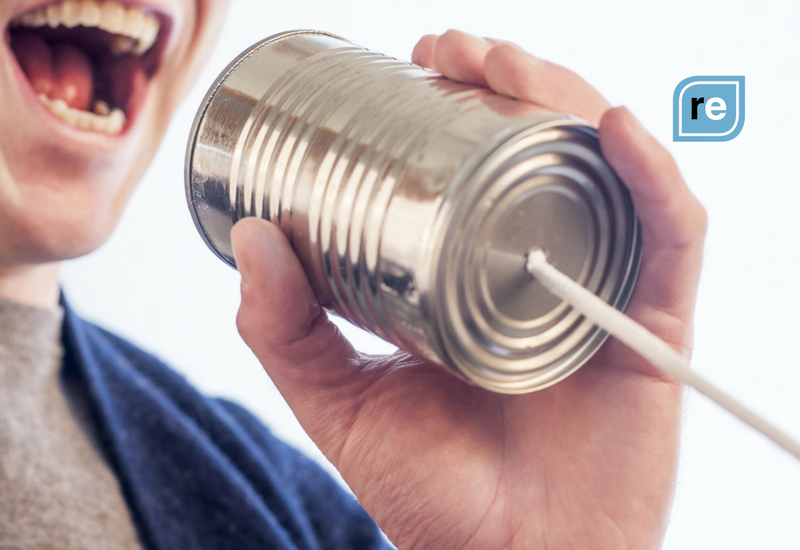
With technology making it easy to bring work home, we need our weekends to unplug and recharge now more than ever. Even if we don’t do any actual work over the weekend, our devices make it too easy to check email or Slack messages. A study by the American Psychological Association found that more than half of Americans check their work email over the weekend, and 44 percent check their email while on vacation. The result is a population of adults who are not getting the proper rest they need at home, making them less productive in the office.
The solution is to use weekends to relax and pursue passions that are separate from our careers. A San Francisco State University study found that when people take part in activities over the weekend that are different than what they do during the week, they are more productive when they return to work. If your job is creative, then you should take up a hobby that uses a different part of your brain, such as team sports or volunteering. If your job is not creative, you may benefit from a hobby that provides an artistic outlet, such as playing a musical instrument, scrapbooking or playing video games.
“Whatever activity you're doing in your free time should not be taxing you or demanding you in the same way as your job," says Dr. Kevin Eschleman, Assistant Professor of Psychology at San Francisco State University and the study’s author. "If you've been working on a creative project all week, it's probably not in your benefit to do another creative project in your free time."
The key is balance. If your job is solitary, you may want to take up a social hobby like dancing, playing a sport or taking a cooking class. If your job requires a lot of interaction with other people, you may prefer to take a hike alone on the weekends. If you have a competitive job, try a stress-relieving activity like gardening or yoga. If your job is physical, pursue an intellectual hobby like reading or doing puzzles.
Eschleman also points out that many people work jobs that are varied. You may have a creative project one week, and then complete more operations-based tasks the next week. Having a range of hobbies and activities to draw on will help you balance out any type of week.
Whatever you do over the weekend, it’s important to note that the effects do not last. Having a restorative weekend will propel you through Monday and Tuesday, but by Wednesday, you may be feeling sluggish. Taking time out for hobbies and interests mid-week will help stay productive through Thursday and Friday.
In addition to helping you be more productive at work, hobbies also encourage you to think in new ways, develop new skills and challenge yourself. They have also been shown to relieve stress and anxiety, boost mood, increase confidence and may help you make new friends.
Many of the most successful people have hobbies separate from their jobs. Billionaire investor Warren Buffet plays the ukulele, Vogue editor-in-chief Anna Wintour plays tennis and former Twitter CEO Dick Costolo makes honey.
No matter what hobby you choose – whether it’s knitting, chess or surfing – make sure it’s something that brings you joy. If you’re having fun, the increased work performance will simply be a welcome side effect.








